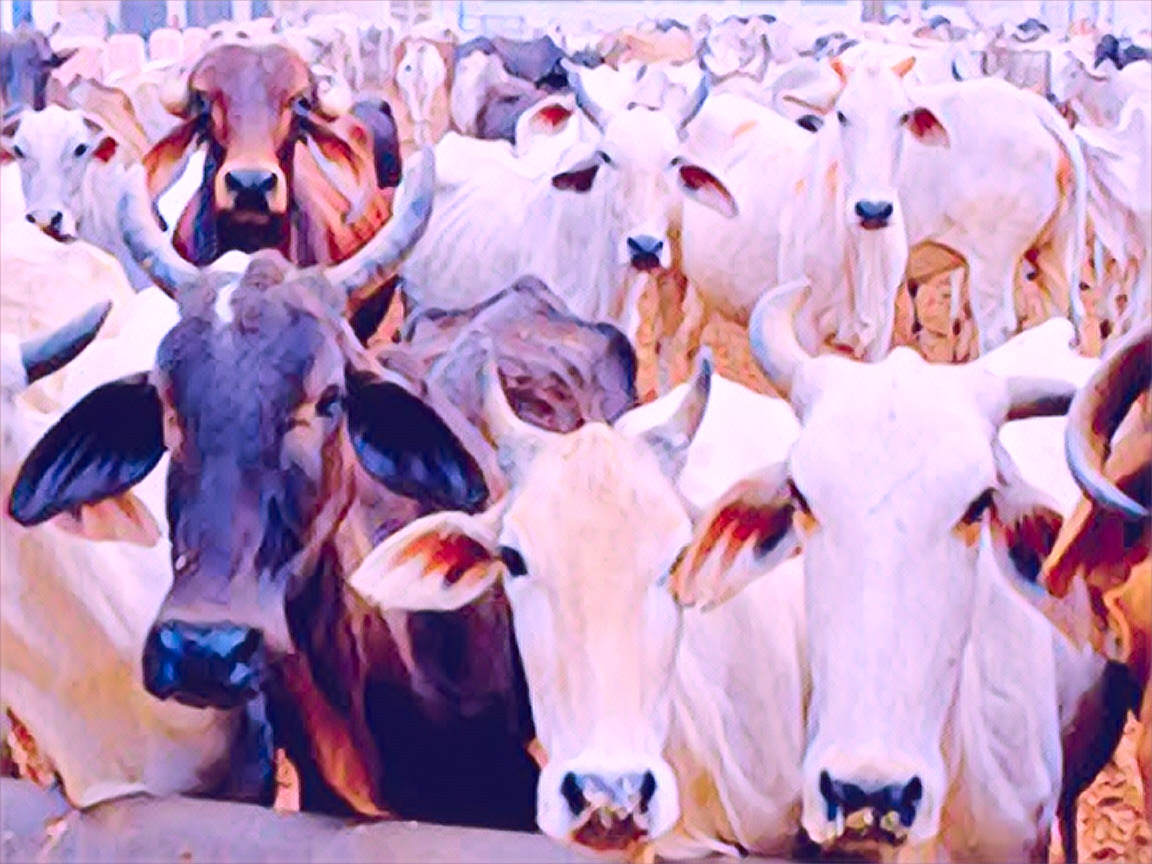A recent World Bank (WB) report has illuminated stark gender disparities within Zimbabwe’s agricultural sector, revealing that only 9% of the cattle on the nation’s commercial farms are owned by women. This significant imbalance reflects a broader pattern of inequality in land and resource allocation, impacting women’s productivity and contributions to the agricultural workforce.
The Livestock and Fisheries Assessment for the 2022/23 summer season, conducted by Zimbabwe’s Ministry of Lands, Agriculture, Fisheries, Water, and Rural Development, found the national beef cattle herd to be approximately 5.64 million. Despite women’s integral role in agriculture, their representation and ownership within the sector are markedly low. The report, titled “Missing Voices, Missing Potential: The Status of Women in Zimbabwe’s Agriculture,” underscores the gender gap, with a striking 91% of cattle owned by men, predominantly on large-scale commercial farms.
Further data reveals that on communal lands, which traditionally support subsistence farming, only 35% of cattle are owned by female-headed households. When considering employment figures, women constitute 39.4% of the workforce on large-scale commercial farms, with slightly higher percentages on old resettlement schemes and A1 commercial farms. However, these numbers fall short of parity, highlighting the underrepresentation of women in vital agricultural roles.
Sarah Nyathi, a small-scale farmer from Mashonaland Central Province, voiced concerns over the barriers faced by women in agriculture. Despite their critical role in food production, women struggle with accessing necessary resources and land, which significantly hampers their productivity. The World Bank’s report also shines a light on the disparity in land ownership, noting that merely 2% of women have documented ownership of agricultural land, compared to 3.8% of men. This discrepancy underscores the challenges women face, including being disproportionately allocated less fertile land, which further limits their agricultural output and financial independence.
Thandiwe Moyo, president of the National Women Farmers Association of Zimbabwe, stressed the importance of land as the bedrock of agricultural activities. Without secure ownership, women face constant uncertainty, inhibiting their ability to make long-term investments and improvements on their farms. This precarious situation not only affects their livelihoods but also their capacity to contribute to the national food supply.
Acknowledging these challenges, the World Bank has called on the Government of Zimbabwe to implement measures aimed at mitigating these disparities. Recommendations include adopting an intersectoral strategy to address the multifaceted dimensions of gender inequality, harmonizing gender laws and policies, and enhancing the institutional capacities of relevant ministries. The goal is to foster a more inclusive and equitable agricultural sector through improved coordination and innovative approaches to women’s empowerment.
The Presidential Land Review Committee’s findings from 2003, examining the 2000 land reform program’s impact, highlighted that women did not benefit equally from these reforms. Reports by the Zimbabwe Women’s Resource Centre and Network corroborate this, indicating the land reform program failed to correct gender imbalances, often focusing on qualifications that disadvantaged women.
Sociologist Pardon Taodzera attributes these persistent inequalities to the deeply entrenched patriarchal system within Zimbabwean society. Traditional, cultural, and religious norms dictate gender roles, often relegating women to positions of dependence and submission. These cultural practices, including early and forced marriages as well as compensatory offers of young girls in dispute resolutions, perpetuate gender disparities and hinder women’s progress in agriculture and beyond.
The findings and recommendations of the World Bank report serve as a crucial call to action for the government of Zimbabwe and all stakeholders involved in the agricultural sector. Addressing these gender disparities is not only a matter of social justice but also essential for the economic development and food security of the nation. Empowering women in agriculture through equitable access to resources, land, and opportunities is imperative for harnessing their potential and ensuring a more prosperous and sustainable future for all Zimbabweans.
Source: Newsday


